Trouble is in the air again for hay fever sufferers as trees and flowers start to release their pollen.
Editor Jane Garton looks at natural remedies that may help to ease the sneezes as spring approaches.
The natural world is waking up from winter. Trees and flowers are coming into bud which means pollen is not far behind which can spell misery for the estimated 25 per cent of adults who are now thought to suffer from hay fever or some type of pollen allergy in the UK.
What is hay fever?
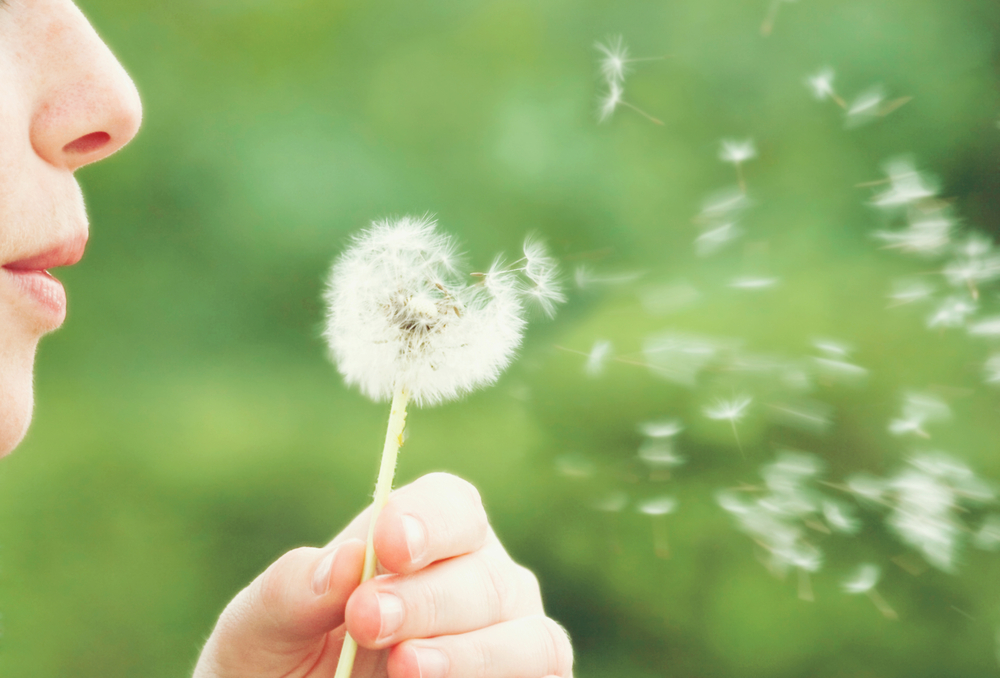
Like all allergies, hay fever is an abnormal reaction by the body’s immune system to a normally harmless substance –in this case pollen. Cells called IgE antibodies that normally fight bacteria see pollen as something that needs to be attacked.
When exposed to a certain level of pollen they release histamine and other chemicals to fight the invader. This in turn triggers a whole host of symptoms including sneezing, itchy eyes, runny noses and even irritability and tiredness. No one really knows why some people are more susceptible than others, but it is thought it could be hereditary.
Most of us have programmed into our genes the ability to become allergic to pollen (or other allergens like dust, cats or shellfish) once we are exposed to a certain amount of them. In some people that amount is set so high that they will never suffer, but in others, especially those who start to suffer from hay fever from an early age, that set point is on the low side.
For many sufferers’ pollen is in the air for some time before they start to suffer symptoms so it follows if you can stop your body reaching its threshold you may be able to stop or at least reduce some symptoms. Read on for some supplements and herbal remedies that might help to keep them at bay as spring gets underway.
Camomile
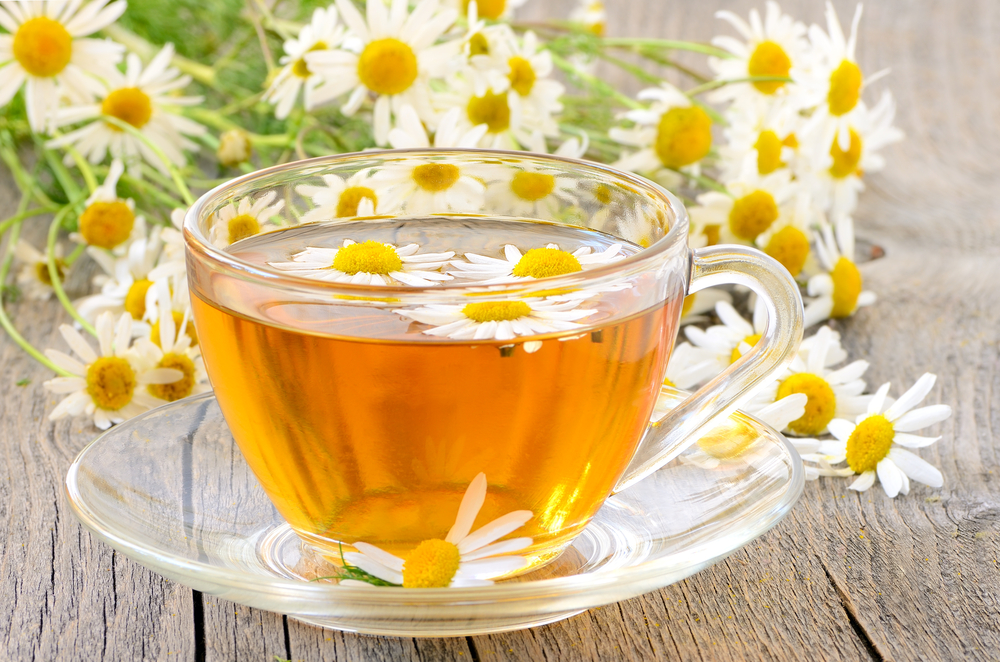
Rich in anti-inflammatory and antihistamine properties, camomile is a popular remedy for relieving hay fever symptoms. It makes a gentle refreshing tea or placing a couple of used cooled tea bags over the eyes can help relieve the itch.
Elderflower
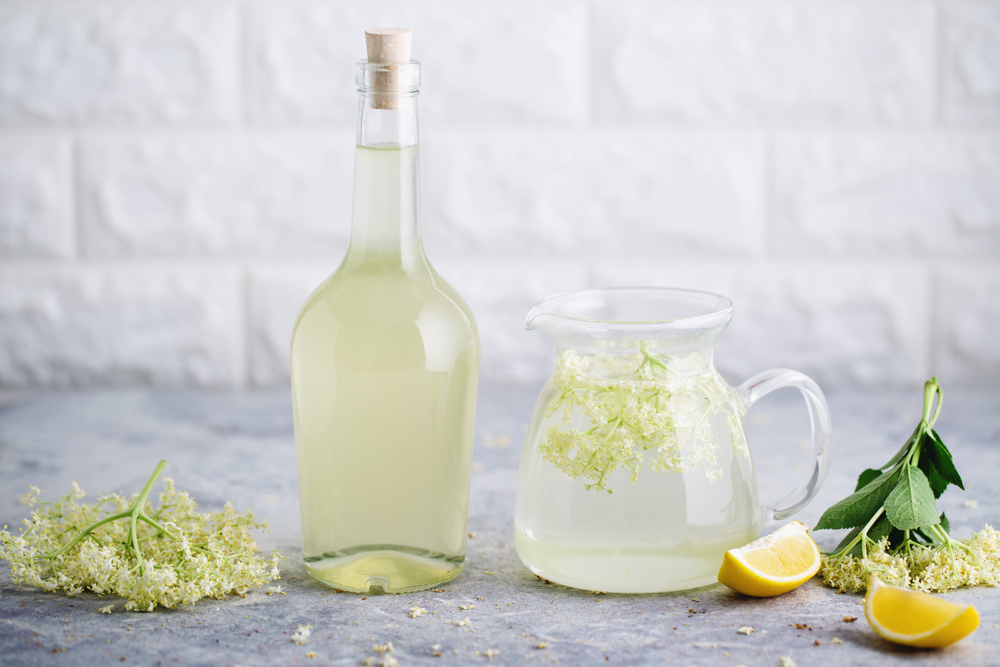
More often thought of as a treatment for colds and flu, elderflower can also be used in the fight against hay fever. It has a soothing effect on the mucous membranes and its astringent properties can also help dry up dripping noses and runny eyes. Try it in a tea combined with nettles for optimum benefit.
Nettle
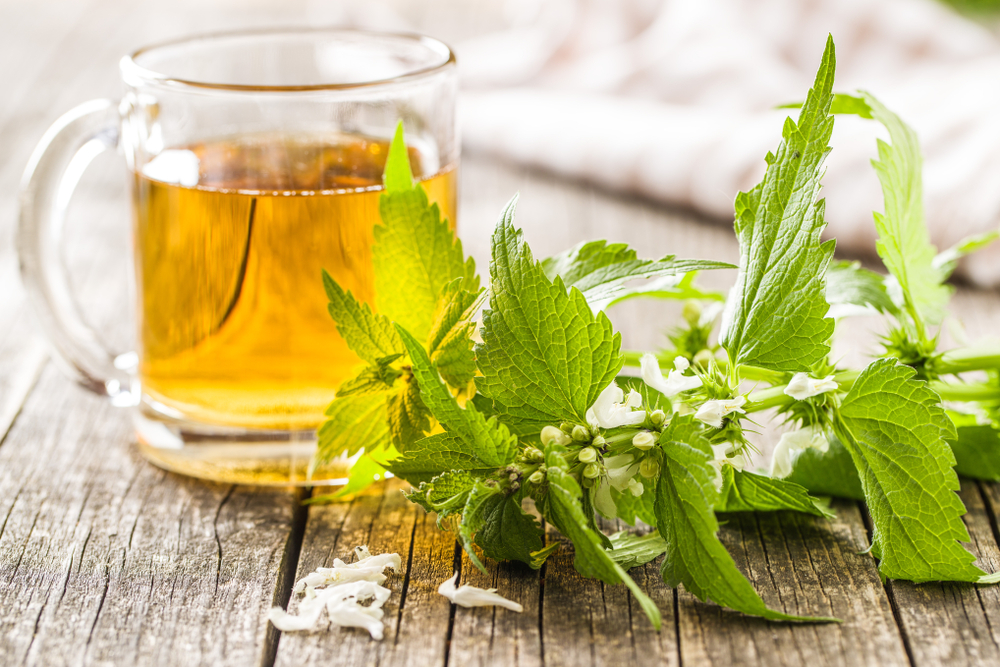
When it comes to treating allergies the humble garden nettle is popular among herbalists. It contains natural antihistamines that help to dampen the immune response, while its anti-inflammatory properties help to relieve nasal congestion.
Quercetin
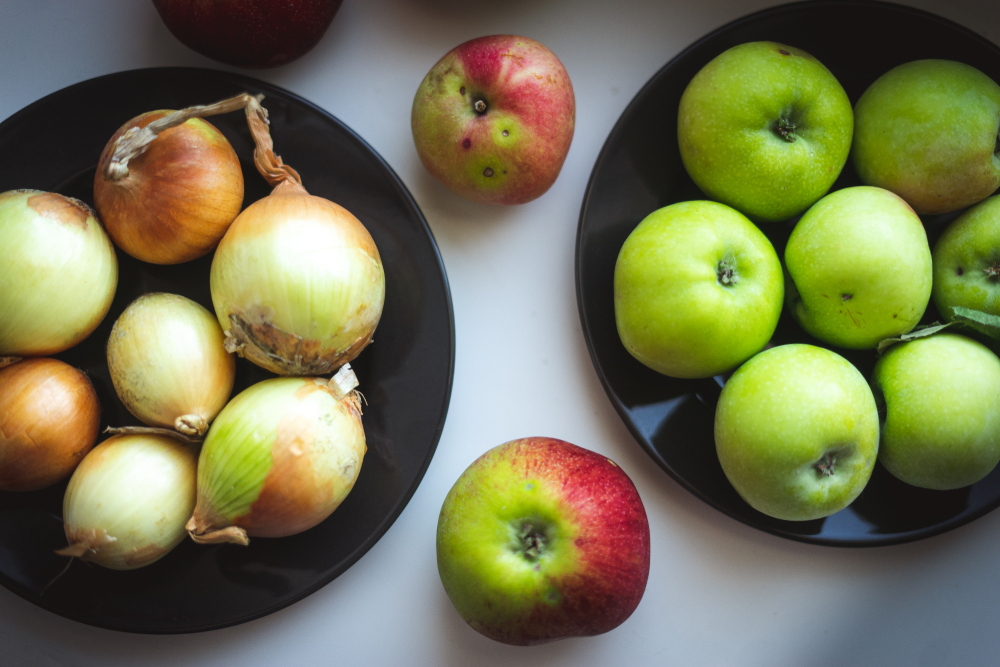
Found naturally in apples and onions, quercetin is thought to help stabilise and reduce the release of histamine.
Vitamin D

Made by the action of the sun on skin when exposed to the sun, good levels of vitamin D have been found to help reduce the severity of hay fever symptoms. Although it’s found naturally in foods such as eggs and oily fish it can be hard to get enough from your diet. And as the sun is still too low in the sky to provide sufficient vitamin D it is a good idea to consider a supplement.
Other helpful tips
- Place a few drops of an essential oil such as eucalyptus on to a tissue and inhale to relieve a stuffy nose.
- Make up a herbal tea of Euphrasia, leave to cool and use to bathe itchy eyes.
- Put some aloe vera gel around nostrils and eyelids to soothe itching and redness. It’s a natural antihistamine.
- Try applying a natural pollen barrier balm to the base of the nose (and around the eyes) throughout the day to help trap pollen before it enters the body. The ‘stickier’ the balm, the more pollen it will trap.

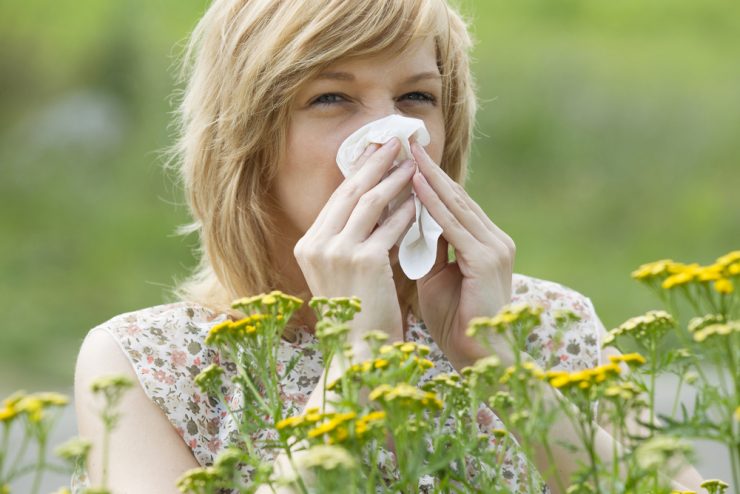






















Add comment